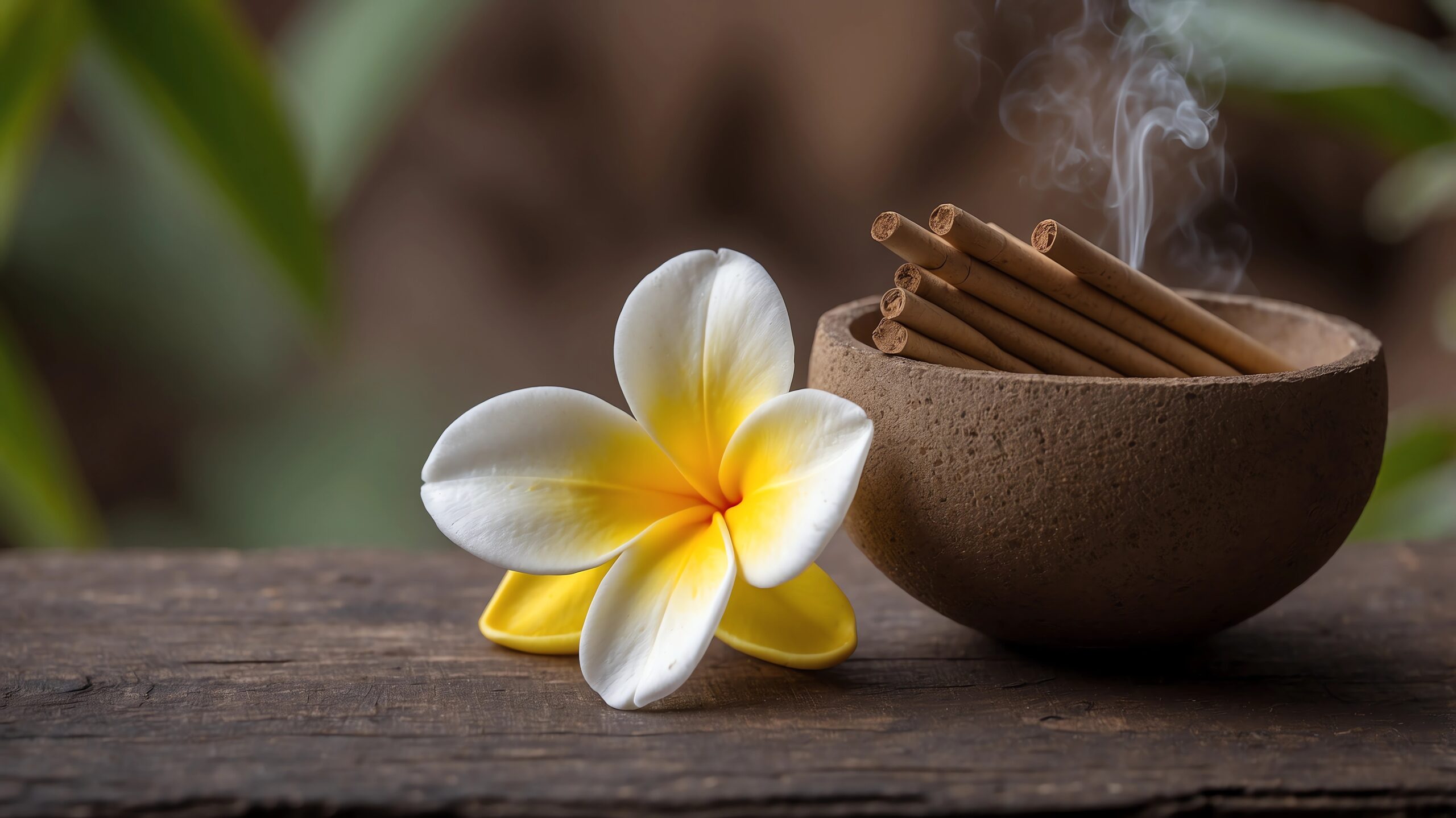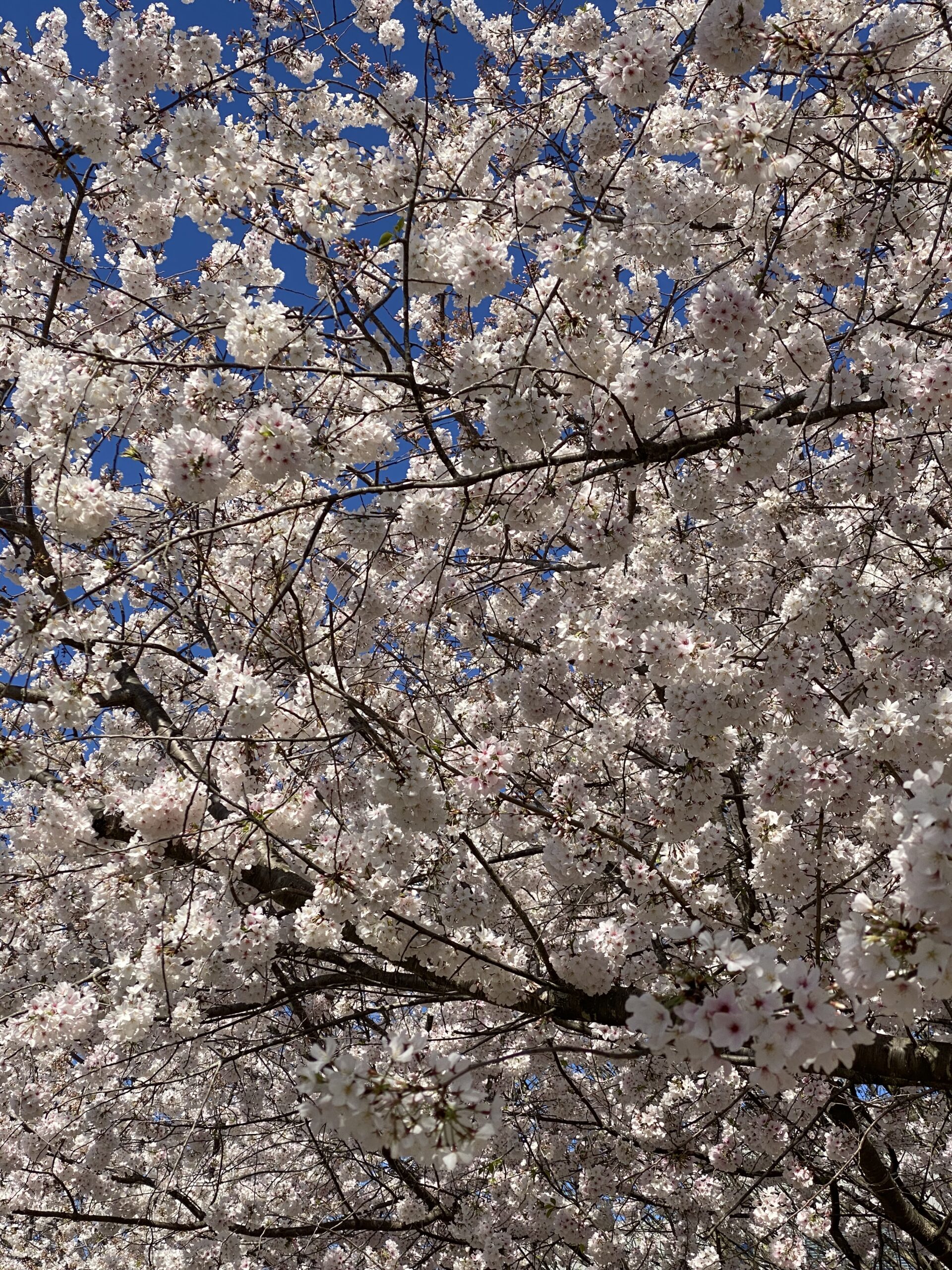Katie Steedly’s first-person piece [The Unspeakable Gift] is a riveting retelling of her participation in a National Institutes of Health study that aided her quest to come to grips with her life of living with a rare genetic disorder. Her writing is superb.
In recognition of receiving the Dateline Award for the Washingtonian Magazine essay, The Unspeakable Gift.
Enter your email here to receive Weekly Wide-Awake
Love Opens Up: A Gratitude Conversation with Col. Liesl Carter
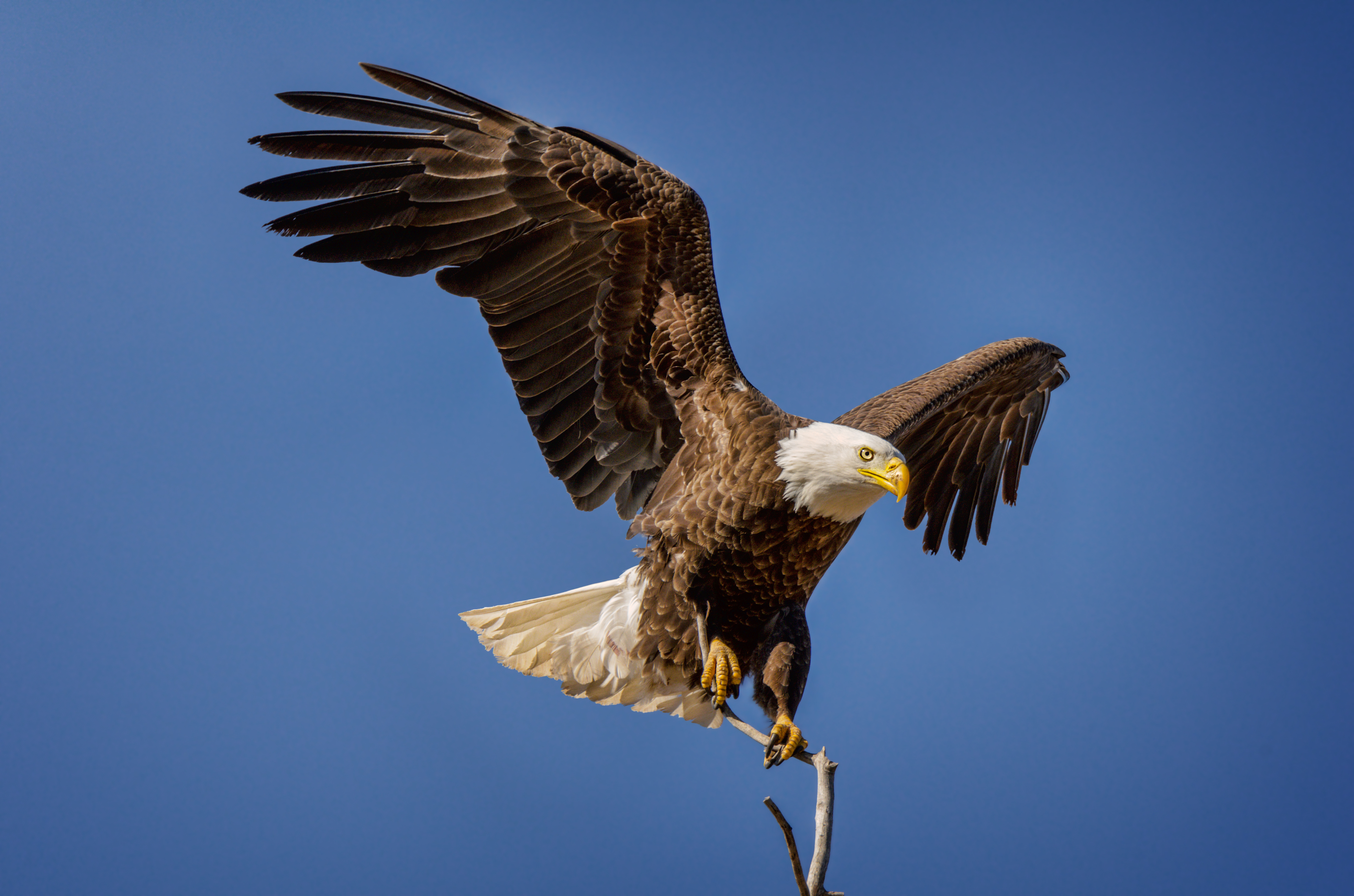
Why Gratitude
In 2017, heartbroken and eyeballs deep in despair, I started searching for things for which to be grateful. I asked myself the question asked by poet Katie Farris
“Why write love poetry in a burning world? To train myself, in the midst of a burning world, to offer poems of love to a burning world.”
I reached out to people who — in the way in which they live — write love poems to our burning world. I cast my net far and wide amongst my heroes — those I knew personally and those who teach us all by their example. I invited artists, philosophers, psychologists, politicians, professors, yogis, writers, clergy, and others into a dialogue about gratitude. I am deeply grateful to those who said yes. Read more about my gratitude project methodology here.
I have known Col. Liesl Carter my entire life. Her family is my family. She has always been a guiding light since we played in her backyard as children. Following the decorated path of her grandfather and father, she wanted to be a pilot and became one. Just being a pilot was not enough. She wanted to graduate from the Air Force Academy and did. While being a mother, wife, and leader she rose to the level of Colonel in the United States Airforce. Read more about Liesl here.
I celebrate Liesl. Her service and friendship. Her leadership and example. Right now, when the role of women in the military is being attacked — their contribution minimalized — I want to tell her story. I want to remind us all. I am grateful .
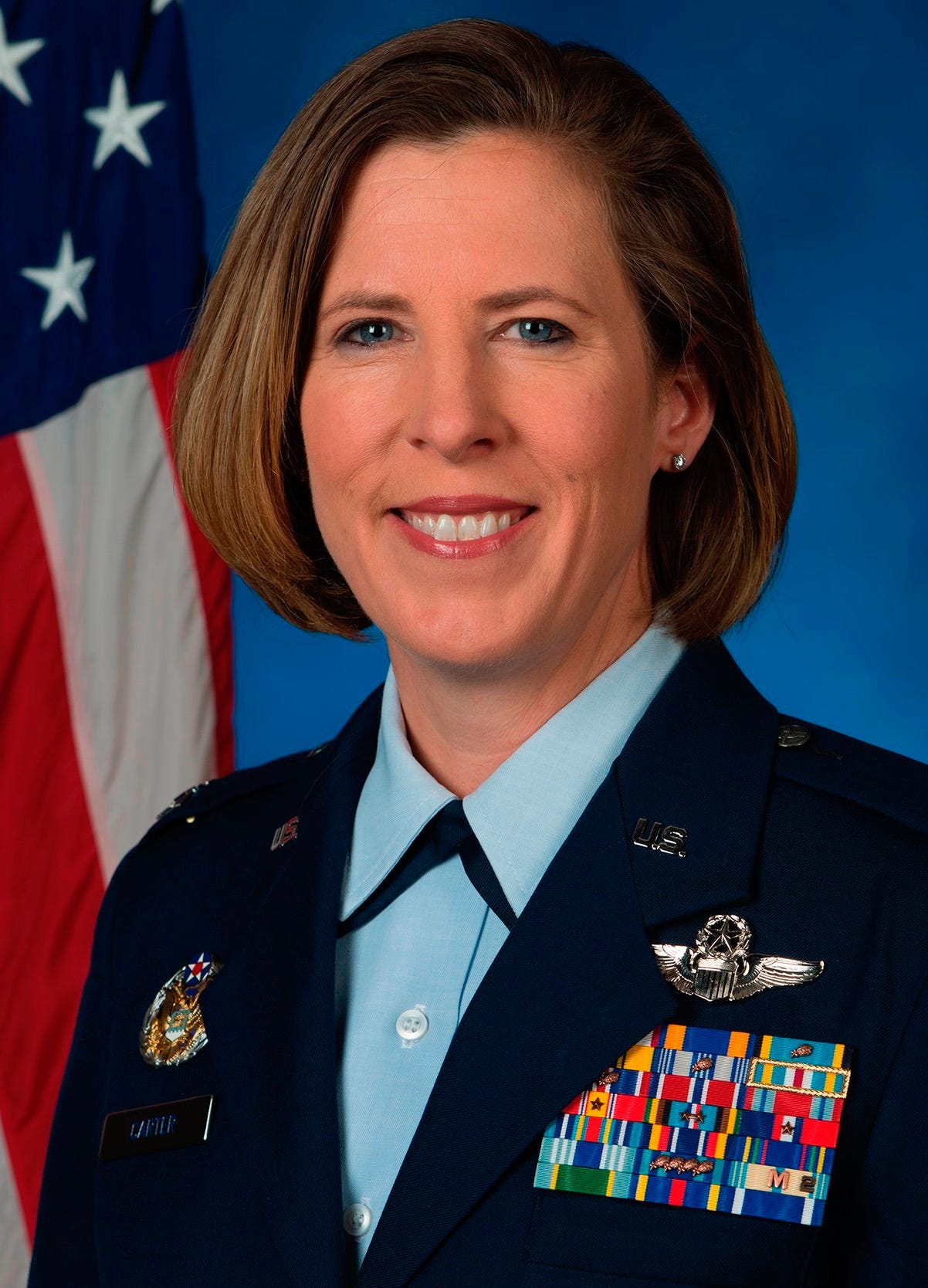
What are some things you are grateful for?
It is every little thing, right? I am grateful for my family, grateful for friends, grateful to have a warm home. Those are the typical things you hear. In our family, one of the things we have tried to do at our dinner table every night, is what we call ‘Good, Bad, or Sad; and Good.’ This is a way we practice gratitude, and it helps us learn to be present and see gratitude every day. The way we do it is, we go around to each of us and we say something that is good that happened. For example, someone opened a door for us today. It was sunny outside. We are having a nice meal as a family. Something that happened that day that you can look at and state “That was something I am grateful for that happened.” The bad-or-sad part may be more of a parenting thing, but I also think it is helpful to recognize the things that happen in the world that maybe aren’t as good. Maybe you did something that know you should not have done, and you are sad that you did that to a person, but then be able to follow it up with something good that you are grateful for again. Knowing that you are going to have to report in at the end of the day, you start looking for and recognizing throughout the day, the small things, because it is all about the small things. If you have that mind-set, a gratitude mind-set, it makes life sweeter.
Is it easier to talk about the good parts than the bad?
It is sometimes. It is funny, with the kids especially, you will get a good, and then you get a bad or a sad. Then sometimes you will get five more goods at the end because this happened and then this happened. It does tend to build on itself a bit. They don’t have a problem honestly talking about the bad when something did happen because one rule we have is ‘there is no judgment.’ You can say anything at the table. You just lay it out there, whether it is something they did bad that they are upset about, or something that happened to them and they are just sharing, and we are just listening. So, there is no, “Well, could you have done that a little better? Held the door open for ten people instead of two?” It is just a way to share and have them practice recognizing and sharing gratitude with each other.
How long have you been doing it?
We have been doing it probably six years.
Have you become more observant as a family? Do you think you are more present to each other, and to what goes on?
Absolutely. We definitely look for ways to be more present. We continue to talk. We are here as a team. We are here as a family. We try to build each other up. They are very proud when they can do something for us. So, part of it is a kind of service/gratitude connection, and being able to serve others as well. They look for opportunities more than they did in the past to help others, which I think is really important in life. When you are helping others, you also recognize when people help you, and you can be grateful for that service. I have seen a bigger increase in that end of it.
They make bigger connections because of that act of reflection. Is that fair to say?
I would say that is fair to say. Whether it is the good/bad/good, or whether it[s] just we preach this throughout their lives. They go to karate, which is also very much of a presence. At the dojo we go to, one of the questions the sensei will ask the kids is, “Did you do five things to help somebody else today?” Every class. It has become a habit in their life to look.
How do you practice gratitude?
Having a gratitude mind-set is somewhat of a choice. It is not necessarily an easy thing to do right away. It does take practice. There are some days when I feel more grateful, or more happy, more willing to embrace the world than others. When I was working in the Pentagon, there were some days when I would walk in at 6:45 in the morning. I had a choice. I could walk in and have a grumpy frown on my face, or I could walk in and smile and go, “Ok! Here I am. Let’s do this!” I am grateful to be able to serve, to work where I am, to serve people. I do think it is a choice. When you practice it, it becomes a habit and things open up.
When I think about service, I think about words like ‘compassion,’ and ‘empathy,’ and ‘oneness.’ Is there a connection between gratitude and those ideas?
I think it all wraps together. You look at the divisiveness in our country today. The more you understand someone’s experience, the better you are going to relate to that person, and the better you understand, so you can be grateful for the gifts that they provide to this world … whatever they are. I do think there is a tie between gratitude and compassion especially. That is one thing Marcus and I have liked about traveling in the military. By traveling and meeting other people from different nations and different walks of life, I realize that people are people. The Syrians who are going through what they are going through, are people like us who just want their kids to live, to grow up, and to be happy. They want to provide a better life. When you get to know the person, you can find out their story. And, everybody has a story. The more you are open to learning another person’s story, the more empathy you will have for them, the more compassion you will have for them, the more love opens up, and the more it does lead to gratitude for what they bring to this world.
What is the connection between leadership and gratitude? Is there a connection between leadership and gratitude?
Absolutely there is. Leadership can take a lot of different forms. If you take a class about leadership, they will tell you about leadership, as a position. If you want to be an inspirational leader, an effective leader who really helps your people perform at their optimal level, then that is what you have to focus on. You have to focus on your people. You have to get to know your people as a leader, and what do they need, what are their strengths, and how do you most effectively use that for the mission that you are trying to accomplish. I think part of leadership is also celebrating your folks and what they have done and their successes. Celebration is a form of organizational gratitude that a leader has to set the tone for. So, absolutely there is a connection between gratitude and leadership, and showing that gratitude is part of being a great leader.
I am going to loop it back to when you talked about the value of story. Good leaders know their people’s stories, and value those stories. Does that resonate with you?
Absolutely. Two things: Leaders know and value that everyone brings something to the table; different experiences, different backgrounds. You are hopefully just helping to optimize what is already there. The other part of being a leader, and let me link it back around to service, you are really there to serve your folks. The primary role of a leader is to serve the people who are working for you so that they can get the work done that needs to be done. Look at your role as a leader as a service role. If you take care of your folks they can do anything. They will absolutely take care of you. They will get the mission done. Take care of them on the professional side and take care of them on the personal side. I think that is overlooked sometimes because people have lives. They have medical issues. They have parents who are getting older. They have kids who have problems. If you can serve all of that, as well as keeping in mind the role of the mission and the organization, then the people will work super hard to get the mission done. The mission then becomes the last thing you have to worry about.
That kind of ties it all together. The service piece. The story piece. The accomplishment. The getting something done together. The sum being greater than the parts.
The military unit is outstanding at that piece of it. We have good commanders and bad commanders, like any organization, but I will say I have had more good than bad. The common thing that has made the folks I have worked for, and when I have been in a leadership position, is just focusing on your people and making sure they have what they need to get the job done. Learning who they are and being grateful for what they bring. Celebrating in their successes and then work gets done. You may need to nudge it one way or the other, but most of the time it just happens.
Would you say you are grateful for your military experience?
Yes. I never thought I would stay in the military, and it has been over twenty-three years now, so I am exceedingly grateful for the experiences they have provided. One is leadership. Opportunities to practice leadership at a young age, opportunities to fly around the world, opportunities to test myself in situations that I never thought I would ever be in. I am grateful for my education multiple times over, for the people who I have had the opportunity to work with because they are some of the most extraordinary folks in the world, who serve with good hearts for great reasons. I mean self-sacrificing reasons. It is one of the absolute best things I could have ever done. I even met my husband in the military.
I did not even have that as a question, but in this day and age when so few people serve in the military, in terms of the percentage of folks that can, the fact that you have made that choice for so many years, and articulating what it has meant to you is big.
The main reason I joined was to become a pilot. Over the years, that changed and I became very grateful for the nation we live in, the freedoms we have, and part of that was from some of the experiences I have had traveling around and seeing the rest of the world. Then it became a passion more than a career or just a vocation, to be able to serve something higher than myself. You find a lot of that. Where people come for one reason and they stay because they want to serve an ideal and protect the country. It is a very unique group of folks to get to know, and a unique group to get to be a part of. I am really proud of it.
Is there anything else you wanted to add?
You have me thinking. When I was at Harvard, I started this nonprofit called the Harvard Women in Defense and Public Development Group. It started because, well for one, there were few alumni groups for women coming out of the Harvard Kennedy School and I thought that was crazy. The idea of this group is if we can build an understanding between the defense, diplomacy, and development sectors, especially for young women, then when women get to the decision-making level in those sectors, they will know people in those other sectors and understand what they can bring to the table. Hopefully, that will help create more sustainable peace agreements in the future because over fifty percent of peace agreements fail. A lot of these fail because women’s issues aren’t taken into consideration when peace is discussed. Understanding what someone in an organization does–because organizations are made of people, then I am more willing to consider your contributions and to consult you on an issue. Because if I don’t know what you do … if I don’t know what diplomacy does, what the state department does, then they do nothing for me, because I don’t understand them. I don’t know them. By increasing my understanding of their story, what they do, and the people who work for them, I am being more grateful about what they can bring and their strengths.
Thanks for reading our gratitude conversation. Subscribe to the Wide-Awakeness Project to connect with the work.
About Katie
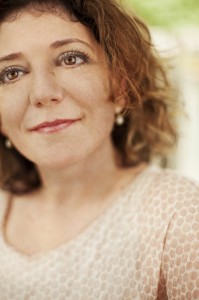
From Louisville. Live in Atlanta. Curious by nature. Researcher by education. Writer by practice. Grateful heart by desire.
Buy the Book!
The Stage Is On Fire, a memoir about hope and change, reasons for voyaging, and dreams burning down can be purchased on Amazon.


